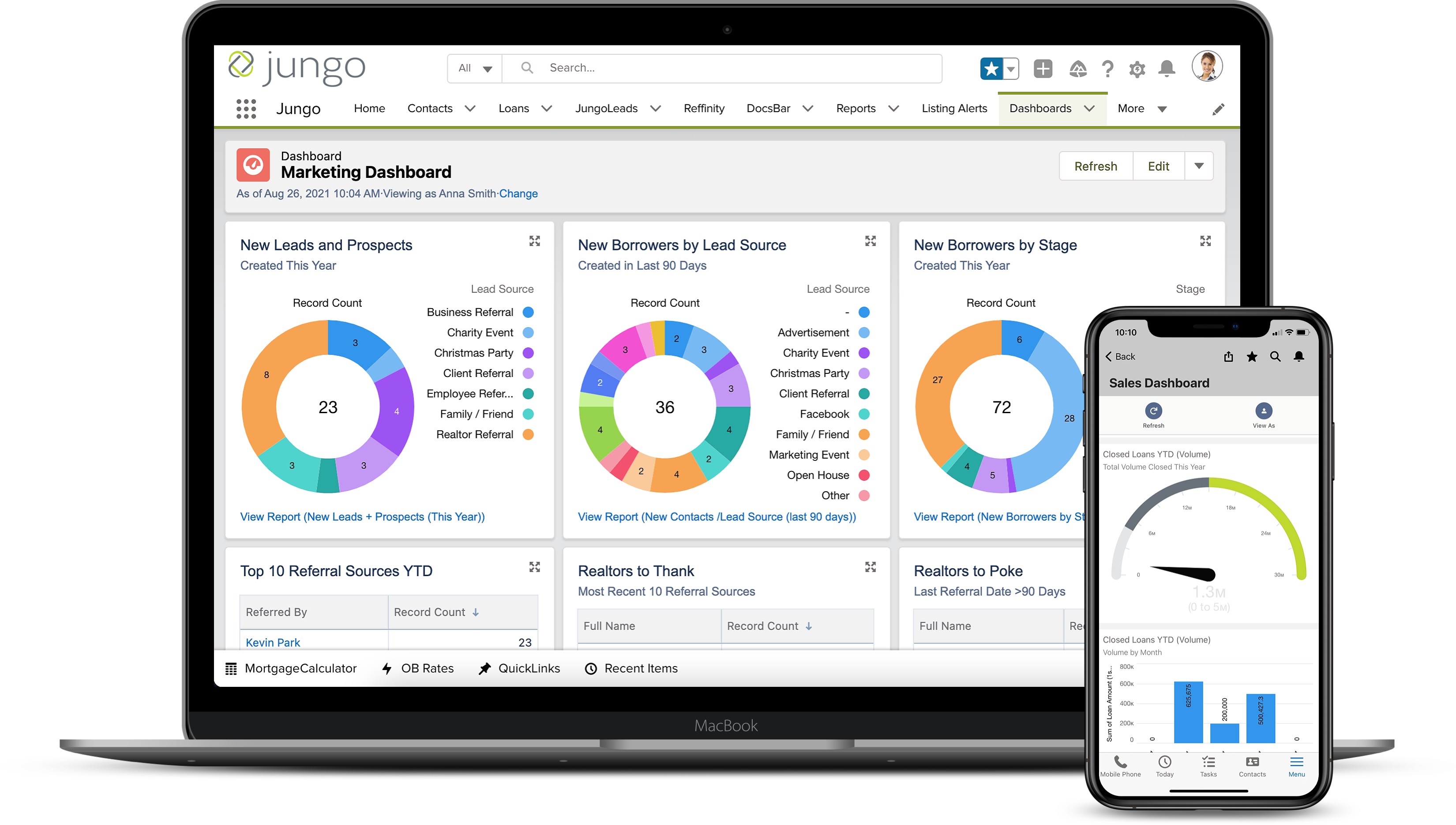
Every successful loan officer understands the importance of adequately vetting potential loan clients. Asking the right questions before and during the home loan application process can help you grasp a prospect’s needs and wants and provide helpful resources and industry updates to your client along the way. It will also help you determine whether they are ready to take out a loan and if your company is a good fit for your company’s niche, whether you specialize in VA loans, multi-million dollar real estate, or another specialty. This will increase your overall efficiency as well as your closing rates. If you’re ready to begin improving your loan origination process, look at this list of top loan officer questions to ask clients.

10 Crucial Mortgage Loan Officer Questions to Ask Clients
Whether your client is a first-time homebuyer or a homeowner in the market for a second or third home, each of the following questions will help you understand whether there are any potential issues you’ll need to address before or during the application process. This will ensure smooth and efficient transactions and help you close more deals.
1. Have You Already Found the Home You Want to Purchase?
This can help you identify whether the client is serious about moving forward or exploring their options. It can also give you an idea of the approximate loan amount they’re looking for and how quickly they’re looking to close.
2. What is Your Income from All Sources?
You’ll do a complete financial assessment as part of the application process, but asking this question upfront can give you an idea of how easy or difficult it may be to get the client approved by a mortgage lender.
3. What Do You Think Your Credit Score Is?
A preliminary idea of the client’s credit score can help you start thinking about which type of loan programs may be right for them before running a hard credit check.
4. Do You Have Any Black Marks on Your Credit?
It’s best to know upfront about potential issues in a client’s credit report like judgments, collections, and bankruptcies since this could make the approval process more challenging or disqualify the borrower from certain loan programs.
5. Do You Have Any Credit Card, Personal Loan, or Student Loan Debt?
This can give you an idea of whether the borrower’s debt-to-income ratio may be an issue. Ask for an approximate amount if the borrower confirms that they have other outstanding debts.
6. How Much Are You Currently Paying for Housing?

Understanding the client’s current housing costs can help you estimate how much of a mortgage monthly payment they’re likely to be able to afford.
7. Are You Self-Employed or a W-2 Employee?
If a borrower is self-employed, you can provide a document checklist early on, so they have plenty of time to provide you with the necessary information.
8. How Much Have You Saved for a Down Payment?
This can help you gauge how serious the client is and whether their expectations are realistic for the current real estate market. The answer may also influence which loan programs you initially recommend.
9. Are You Working with a Real Estate Agent?
Many benefits can come from developing solid relationships with realtors. Knowing whether your client is working with a real estate professional can allow you to introduce yourself. Then, you and the agent can work together to educate the client throughout the home buying process. If the client doesn’t yet have a real estate agent, you may also be able to provide them with a referral.
10. Are You Trying to Sell Your Current Home?
If the client is trying to buy a new home and sell their current home concurrently, this could affect their lending timeline and financials. It may also require you to work closely with their real estate agent to ensure everything goes as smoothly as possible.
The Value of Open-Ended Questions
When applying for a loan, the questions are meant to gather preliminary information about the client’s expectations, finances, and current and future plans. However, when the questions mortgage loan officers ask require a yes or no answer, it can cause them to miss valuable opportunities. Asking open-ended questions allows you to listen to what the client says while watching their body language. It also allows you to learn the information you need in a new way. In addition, it can also be an excellent way to build rapport with the client. Establishing a friendly relationship early on can make the loan process easier and open the door for future deals.
4 Open-Ended Question Examples and Prompts
While some of these questions are similar to the ones listed above, they’re asked in a way that leaves more room for explanation. Asking the right follow-up questions can also help you dig deeper.

1. Tell Me About Your Credit History
The open-ended nature of this question helps uncover potential issues like limited or nonexistent credit history, whether the client typically pays off their balances in full or makes minimum payments, and whether they have co-signed any loans for others. You may uncover support payments, back taxes, and other potential issues.
2. Tell Me About Your Employment History
If the client is self-employed or a small business owner, you can learn more about the business structure, such as whether they’re incorporated, have business partners, or have employees. You can also get an idea of how long they’ve been at their current and previous jobs and whether their income is consistent and stable.
3. Tell Me What’s Important to You About Your Mortgage
Giving the client the chance to talk about the essential features will allow you to recommend the loan programs most likely to meet their needs. For example, if they mention that they plan to pay their mortgage early, you’ll want to ensure you don’t put them into a program with a prepayment penalty. Other concerns may include the potential need for flexible repayment options, whether they’ll need mortgage insurance, and whether they’re looking for a loan that will offer the lowest payment or the quickest payoff.
4. What Are Your Plans for the Next 5 to 10 Years?
Knowing whether the client has any significant financial plans in the next five to ten years can help you identify opportunities to follow up in the future regarding potential refinancing. This can make your post-closing marketing plans even more successful.
Grow Your Mortgage Business with Jungo
Now that you know some of the best questions good loan officers ask, you’re one step closer to creating an even more efficient and successful business. To continue your upward trend, consider adding the industry’s best mortgage CRM into your practice. Jungo offers you the ability to manage your customer database, automate your marketing, ensure compliance, and more, all within a single system. Contact us to request a demo and learn more about how Jungo can help you grow your business.

Bottom Line
These new tools, and updated features will help you close more loans in less time. You have the benefit of complete CRM data, analytics, and customer-facing material at your fingertips. Get this free upgrade today so you can grow your pipeline, improve your realtor relationships, and get ahead of Salesforce’s transition into Flows.





